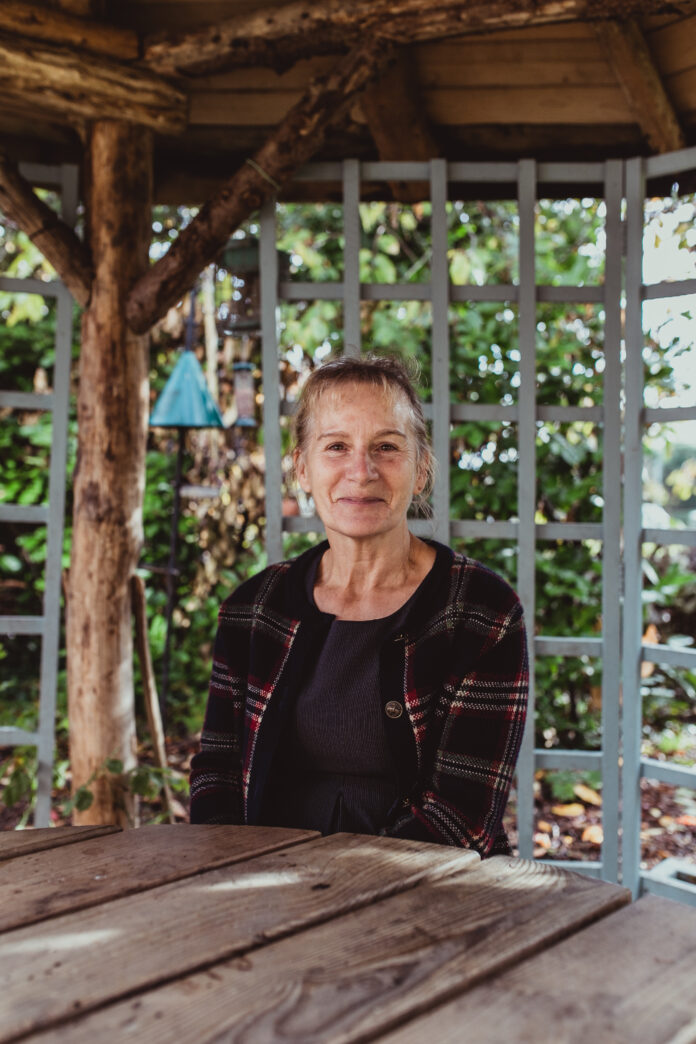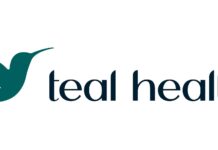( ENSPIRE She Did That ) After Being in the Industry for 30 years Hewson Continues to Change the Game for Menstrual Products With No Plan of Slowing Down
ENSPIRE Contributor: Alexandra Rivera
Susie Hewson at 40 years of age, with two children, and no prior business experience disrupted a billion-dollar industry by creating her brand Natracare. Natracare is the first organic plastic-free tampon in 1989. Now, in her 70s she continues to head her global selling brand. Throughout her journey, her mission has never changed her goal remains to reduce the use of plastic, provide menstrual equity for all women, and create clean organic, and healthy products.
Natracare is drastically reducing the impact of single-use plastic by offering an array of plastic-free and organic menstrual products that are also chlorine-free, biodegradable, compostable, and come in recyclable packaging. In the US it discarded approximately 12 billion pads and 7 billion tampons yearly. A woman will use about 17,000 pads or tampons in her lifetime alone. This is equivalent to almost 850,000 plastic bags. Natracare gives women a vegan and environmentally friendly, affordable option.
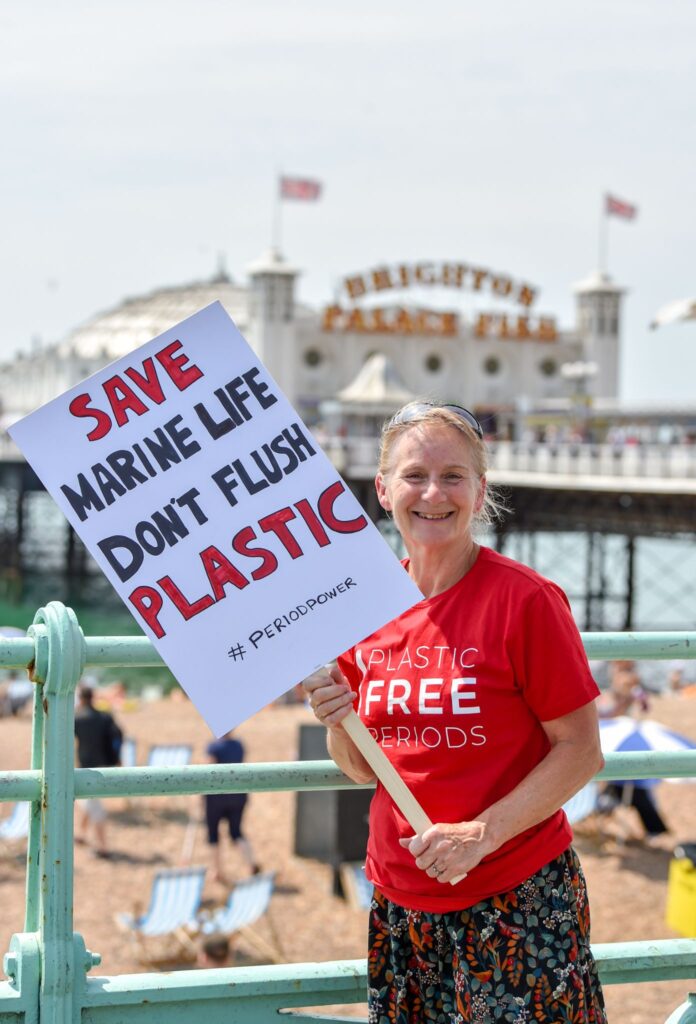
ENSPIRE had the chance to chat with Hewson about her company and its products.
How does your brand stand out from other brands in your market?
First, the route that was taken to create Natracare back in 1989, and its innovative, trailblazing journey, that brings us to where we are today, was born out of my personal campaign to raise awareness of the negative ecological and health impacts “of the time” tampon and pad brands, dominating global markets.
The same old collective of chlorine-bleached absorbents, plastics, and synthetics, distinguished themselves by only variations in brand name and packaging. TSS and its association with tampon absorbency and fiber type was also a dominating story of the times. There were no products anywhere in the world that addressed chemicals of concern and polluting design issues, nor challenged their “marketing” messages.
Metaphorically, the menstrual products category was a field full of brambles waiting to be cleared, and Natracare was forged in the white heat of campaigning creativity and was to be the arbiter of change, challenging the status quo. Natracare stands out from the corporate titans and new-to-market brands, in ways many may not have realized, especially since so many start-up brands have appropriated Natracare’s story. Clearly, many of their founders were babes in arms whilst I was fending off the old guard!
Over the past 30-plus years, Natracare has always been the first to achieve the organic and natural category milestones. The first certified, 100% organic cotton tampons; the first totally chlorine-free and plastic-free pads and liners; the first-period product brand on the internet with the Natracare website back in 1996! The first USDA Biobased accredited feminine hygiene brand. Natracare is the first-ever period product brand to become members of 1% For The Planet; the first to achieve and maintain the highest possible ethical score for period care since 2009. And the first and only certified OK Compostable pads and liners (EN13432, ASTM D6400), making Natracare designed for a sustainable, circular economy.
Natracare continues to be a campaigning and challenging family-owned brand, quietly leading the innovation in quality, sustainable, biodegradable, and compostable period products–as well as certified flushable wipes. Not being beholden to investors, we can steer a charted course to maintain our brand’s ethical and innovative proposition.
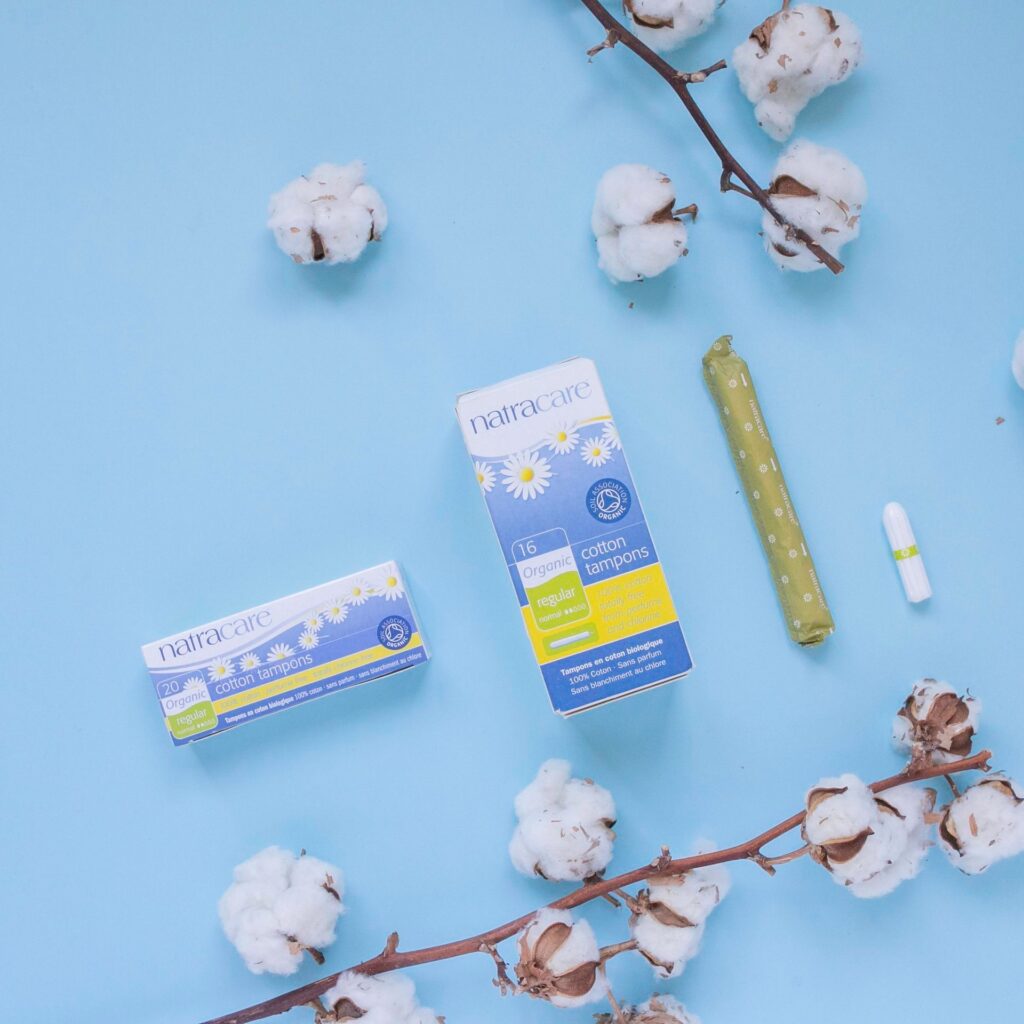
You highlight an ‘old school’ mentality that you bring to your brand and the market. How does your age and experience make you stand out against other brands that may just be starting out?
Here, an old-school mentality is not a resistance to change, nor old-fashioned, far from it. We do, of course, as founders and innovators within the category, have a distinguished history, authenticity, and an active alignment with concerns for nature, climate, period equity, standards, and quality.
Because I did not set out to create a business, the founding principles and ethical proposition of my campaigning, have been carried through the Natracare brand from day one. Is Trust and pride old school? In the organic and natural categories, it must be upheld. My valuable contribution to the Global Organic Textiles Standards, specifically for tampons has been possible because I have many decades of inside knowledge of what ought not to be permitted in tampons for both ecological and health reasons. Experience is learned by facing problems, and over the years we have had to stand up to challenges.
Natracare is distributed in over 80 countries, some of the start-up brands are just selling online subscriptions or operate in a single market or just a few countries. This is a business that requires constant learning and relearning. Medical device regulations, labeling regulations, and legislation in different countries are all experiences and skills gained over the many decades of our trading and operation across the world, which allow us to move forward efficiently and effectively as an established company.
Following us is trust in the company’s longevity and the integrity of an innovative, established brand. Start-ups often have pressures to build brand recognition and reputation, while also having to quickly increase sales and distribution, especially if they have predatory investors, and possibly with steep curve demands returns.
I graduated as a graphic designer from a London art school and went on to also gain an educational master’s degree. I had no formal business training, but it has never held me back. Only having access to a university library, my own research competence, a lot of self-reliance, environmental campaigning persistence and resilience, and a logical approach to the process of building a company and a brand – note to all, for the first 8 years or so in business, the internet did not exist!
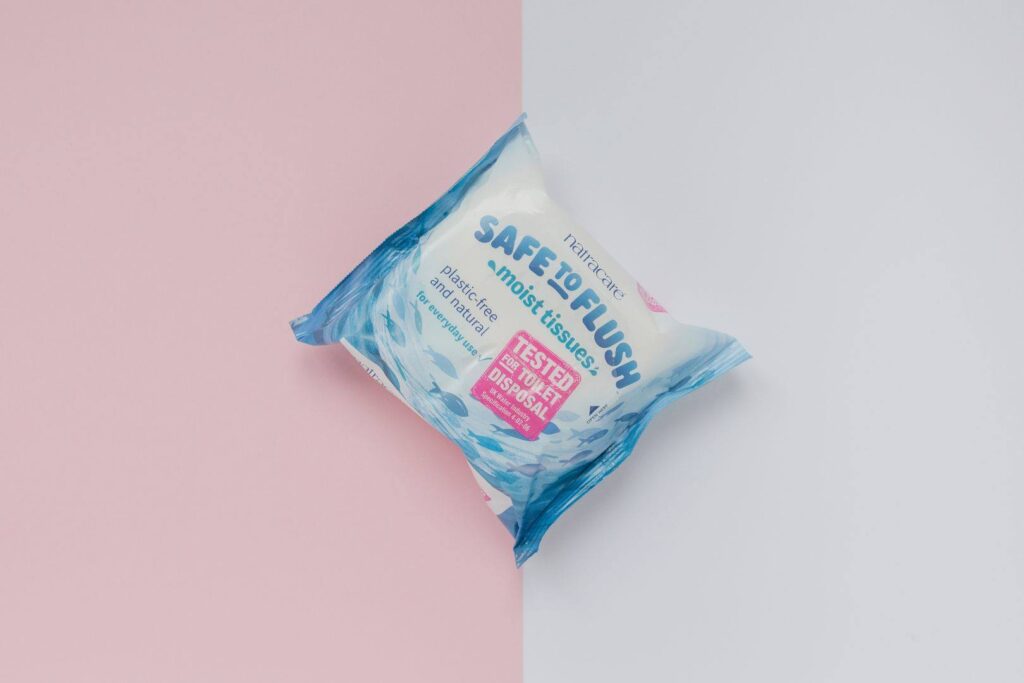
What are your three best pieces of advice for women looking to grow their businesses?
Transparency is key. Make your business accountable. Improve your climate footprint if you seek to impress ethically minded investors, make sure you shift to a truly sustainable business model. Not just from a management or regulatory point of view, but green up your energy supply, incentivize staff, and green up your investment and pension plans. Apparently, a green pension is 21 times more effective at cutting carbon than stopping flying! Green principles and practices will attract staff looking to align their own green principles with their employer.
You cannot manage what you do not measure. This is important to make sure that you are on the right track and will help you plan actions and development. Feedback will enhance skills and help to reduce mistakes.
Don’t be deterred if folk respond to your innovation by telling you that you are not experienced enough or brave enough to start your own business if your discovery and research have informed you that you have a brilliant idea. Starting small is not a failure. Going big too soon is often foolhardy if you are doing it with your own money!
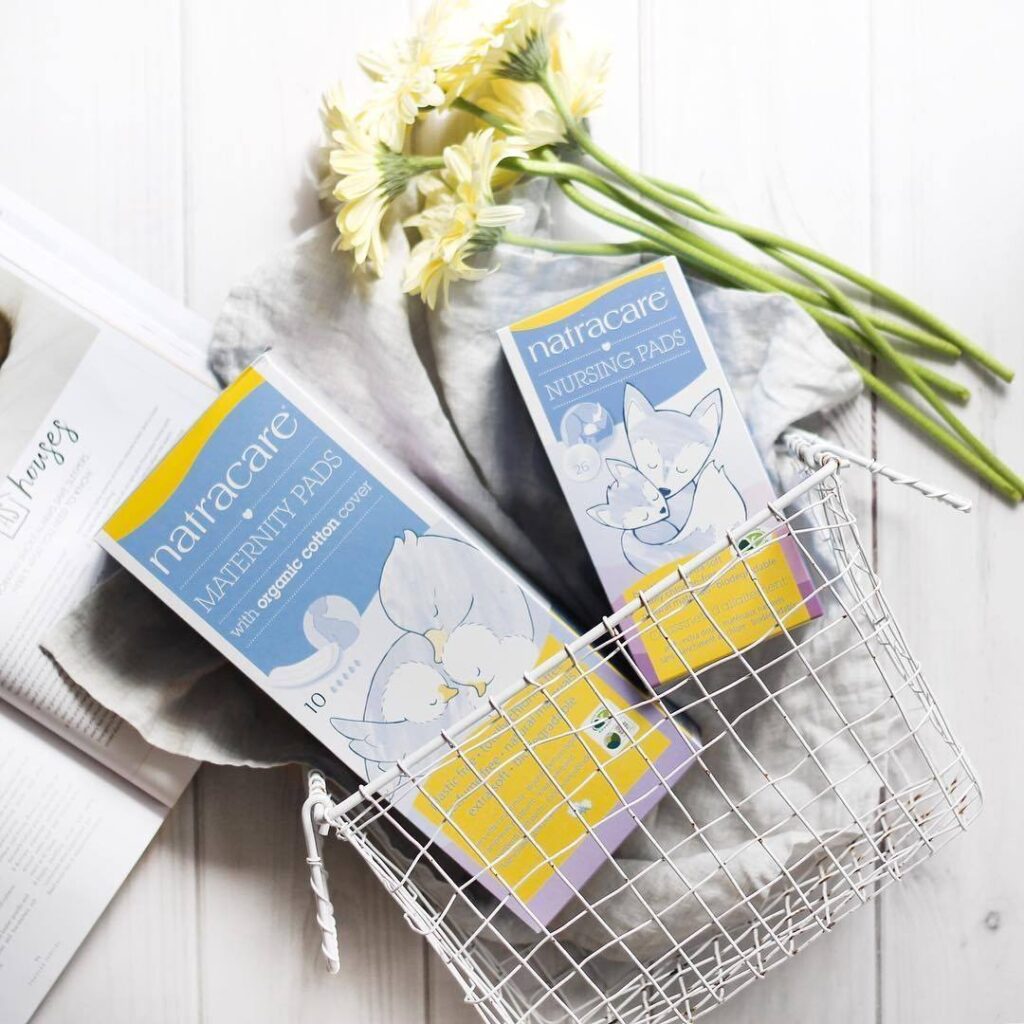
How has your brand stood true to your original mission of lowering waste and pollution in the world?
I set the course in 1989 with the definition of specifications, environmental policy, and ethical principles. Our 100% ethical score is a testament to how true we have kept to this path. Never follow, always lead. I described some of this in some of the “Firsts” outlined earlier. And, I am protective of the organic principles, such that recently, some organic brands were introducing synthetic overwraps to their tampons and so-called “plant-based” plastic applicators.
With the help of scientists at the Greenpeace laboratories at Exeter University, I could prove that this plastic was actually the same as polyethylene and acted exactly the same in the environment as oil-based rigid plastics. US-based, Plastic Oceans found 4.8 pieces of menstrual waste per 100 meters of beach cleaned. Middx University recently published research showing that 12 out of 24 tested tampons shed nano plastics into the vagina at the rate of 17 billion nano plastics per tampon. The health implications are unknown because there is an absence of research into the long-term impact of a lifetime’s exposure to plastic and the leachable chemicals/additives from them.
Using research, I could show the GOTS standards committee that plastic applicators and synthetic overwraps needed to be banned. This happened in version 6.0 valid from March 2021. We continue to work as a campaigning brand and drive change in standards and legislation. Apart from using only natural and organic, renewable, and sustainable materials in our tampons and pads, we spent the last few years working to achieve a compostable certification.
We are the first to deliver to the circular economy by holding EN13432 and ASTM D6400. Continuing with furthering raw material development with the intention, always, of reducing environmental impact throughout the whole sourcing and disposable process. We, of course, use only renewable, green energy in our production and offices.
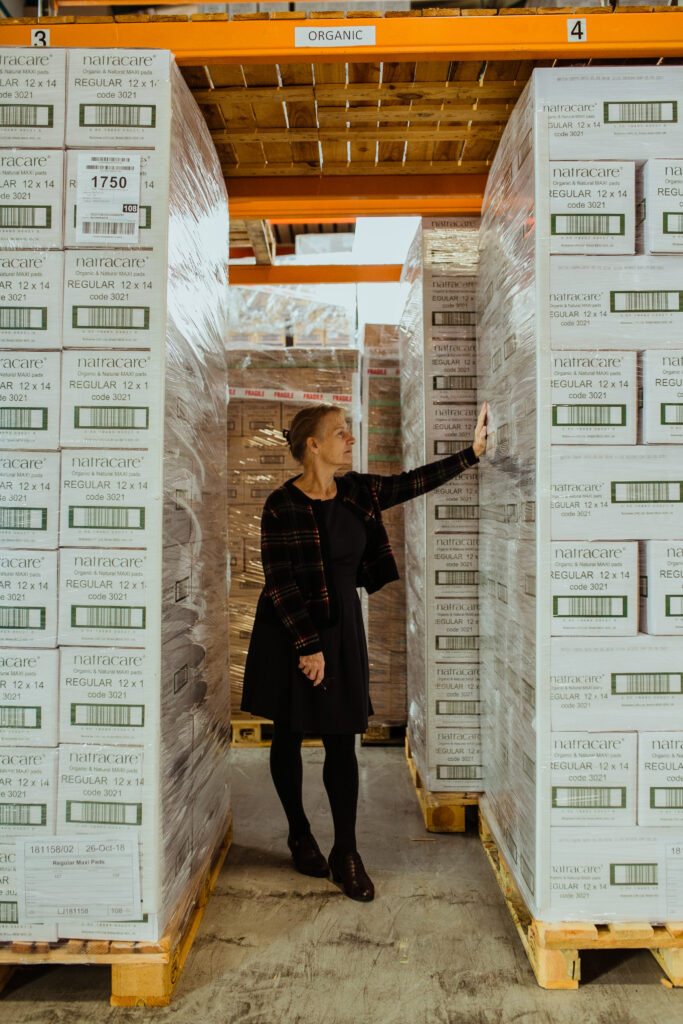
What is the goal for your brand in the larger picture? Where do you see your brand in 5 years? 10 years? Etc…
The goal is to drive category change. It has always been our mission to force the period product industry to step up to our platform. Who gains? Well, there’s a long list: water, air, and soil stop being polluted with toxic chemicals from bleaching and the oil and plastics industry. Broad-scale deforestation is reduced, and organic agriculture delivers for nature, water sources, and good health for farmers. Nature has a chance to sustain itself and waste is diminished.
Hopefully, it can be delivered back to the earth as soil. Is 5 years enough for this to be done by other brands? Can they catch us up or will we be spending the next 10 years challenging the current wave of greenwashing? Together with our environmental campaigning friends, we will measure it!
Hewson and her brand Natracare continue to break boundaries in the menstrual care industry. Her passion and drive have only grown over the years, helping not only women but our environment as well.
Related Articles: Victoria Buggs Launched CPR Center for Health and Safety Professionals, Leukemia – An Alternative Solution Found For Minorities

